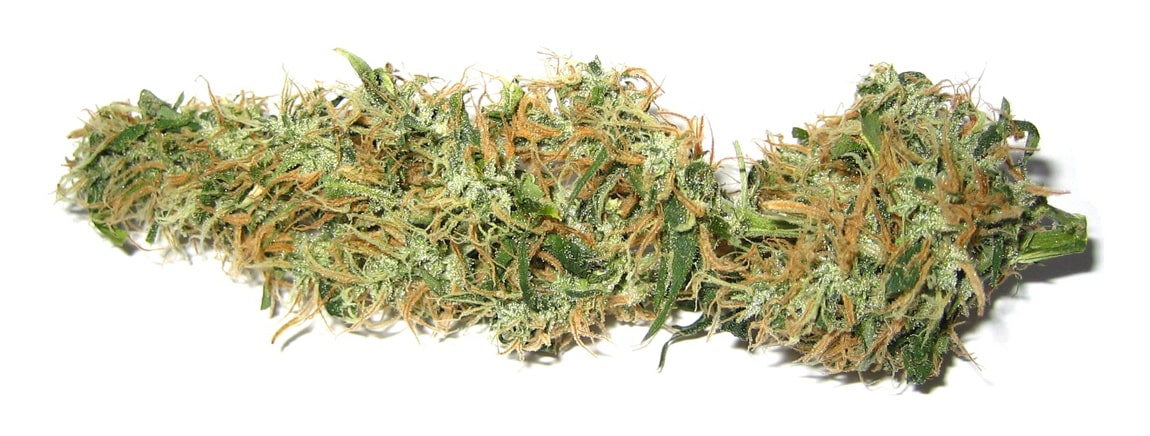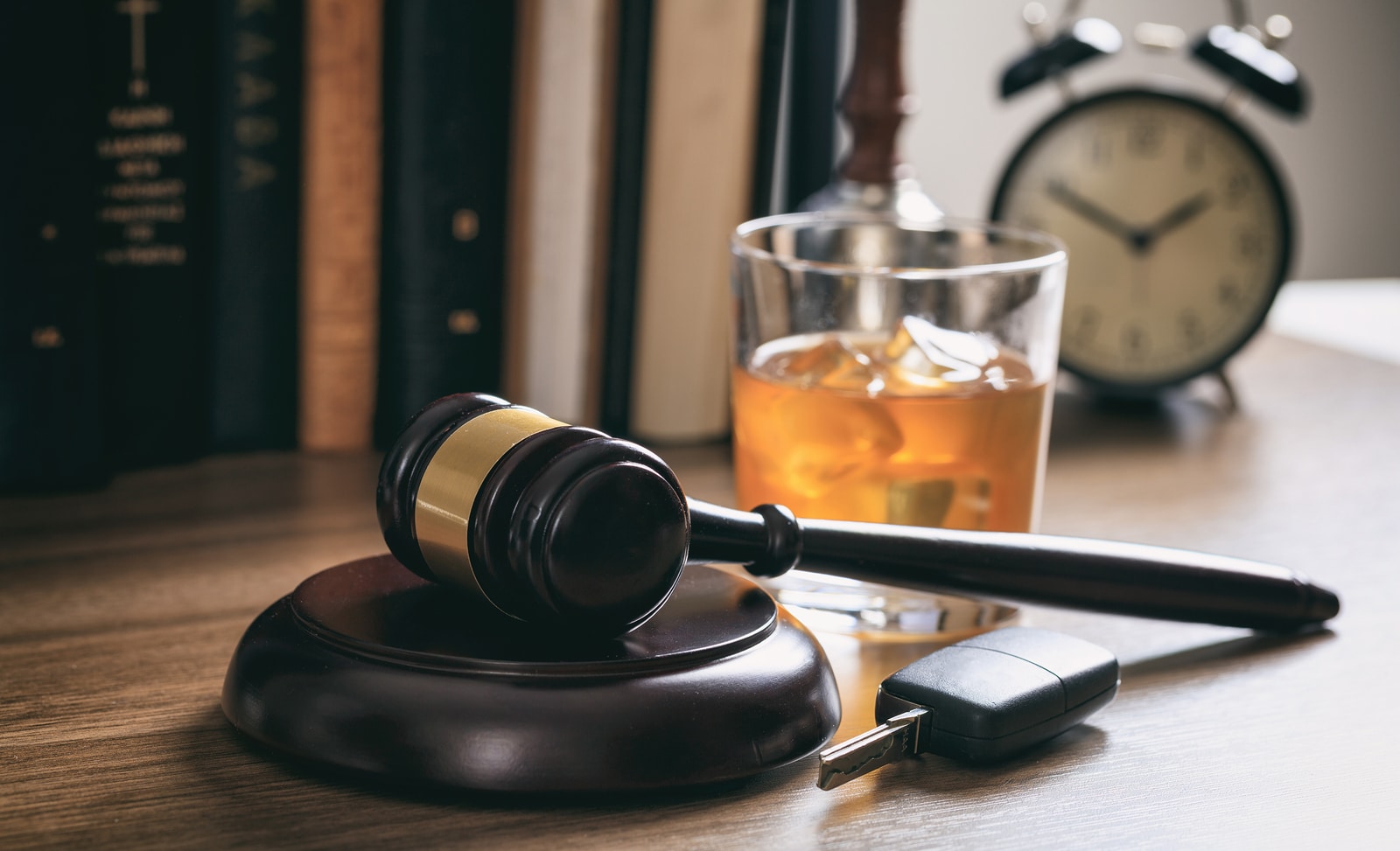If you live here or visit frequently, you know that in 2012, Colorado voters approved a state constitutional amendment which legalized the sale and possession of recreational marijuana for adults beginning in January 2014. Has the legalization of recreational marijuana been a plus or a minus for the state of Colorado? A billion-dollar-a-year legal recreational marijuana industry has emerged since legalization arrived in our state.
The consensus among Colorado lawmakers who spoke earlier this year to the Boston Globe is that there have been no widely felt negative effects on the state since marijuana became legal. House Speaker Dickey Lee Hullinghorst told the Globe, “the sky didn’t fall. Everything seems to be working pretty well.” A majority of Colorado voters seem to agree. In a November 2015 survey, 53 percent said legalizing pot has been good for Colorado, although 39 percent disagreed with that view. State Representative Jonathan Singer said legalization has “allowed marijuana to pay its own way,” with the cost of regulation paid for by dispensaries and consumers.
In fact, marijuana retailers, cultivation facilities, product manufacturers, and product packagers have popped up in many parts of the state. They’ve created thousands of new jobs, and the taxes and fees they’ve generated amounted to an extra $135 million for the state in 2015 alone – money that goes to drug law enforcement and to drug education programs. However, while recreational marijuana legalization has brought significant benefits to Colorado, there may also be a considerable downside.
WHAT DO POT’S OPPONENTS SAY ABOUT LEGALIZATION?
Law enforcement spokespersons in Colorado paint a more confusing picture of rapidly changing statutes and ordinances that are difficult to enforce. There’s no quick and reliable way to determine if a driver is too impaired by pot to drive or to determine if food and beverage items are “infused” with marijuana. And Colorado’s public health officials fear that pot could eventually be another Big Tobacco, sidestepping regulations, exploiting technicalities in the law, and luring young new users to the product with cartoons and other clever advertising and marketing tools.
Post-legalization, recreational marijuana sales and possession are strictly regulated in the state of Colorado. If you are 21 years old, you can buy and possess up to one ounce of marijuana. Only those approved for medical marijuana use may possess more than an ounce at a time. A radio frequency identification (RFID) chip is attached to every marijuana plant that is intended for sale.
Prior to sale, whether the pot is to be sold in its “natural” form or infused into other products like snacks and beverages, it must be tested for contamination and for potency and sold at the retail level in packaging that is child-resistant. Surprisingly, almost half of the retail recreational marijuana sales in Colorado are sales of products infused with pot. The products include cookies, chocolate bars, mints, bath and body oils, and more.
AFTER LEGALIZATION, WHAT PUBLIC HEALTH TRENDS ARE EMERGING?
Dr. Larry Wolk is the executive director and chief medical officer of the Colorado Department of Public Health and Environment. Dr. Wolk told the Boston Globe that since marijuana became legal in Colorado, no significant or concerning large public health trends have emerged, but there have been isolated reports of people getting sick after consuming too much marijuana in edibles such as candy bars and cookies. Dr. Wolk added that while marijuana-related hospitalizations are rare, it happens more with visitors to Colorado who may not be familiar with high-potency pot.
Another complicated facet of the legal recreational marijuana picture in Colorado – especially for those on the business end – is the tax situation. All marijuana sold legally in Colorado, even medical marijuana, is taxed at the basic state and local sales tax rate. Additionally, marijuana sold for recreational purposes is taxed by the state another ten percent along with any additional local taxes.
But there’s more. Colorado also imposes a 15 percent excise tax on wholesale transfers of recreational marijuana – a cost reflected in the final retail price. The tax picture is just one of the many complications of being in the pot business legally. Another is banking. Because marijuana is still illegal under federal statutes, there’s virtually no access to legal and local banking services for those in the pot business.
WHAT LEGAL WORRIES REMAIN FOR POT USERS?
However, marijuana consumers have other worries, like being charged with driving under the influence of marijuana. A first conviction for driving under the influence in the state of Colorado is punishable by up to a year in jail, a fine of $600 to $1,000, up to 96 hours of community service, and participation in court-ordered substance abuse classes. Anyone facing the charge will need the help of an experienced Denver criminal defense attorney. If you are charged with possessing more than an ounce of pot, selling to a minor, or violating any other marijuana law in Colorado, you’ll also need to speak with a Denver DUI attorney.
For law enforcement in Colorado, recreational marijuana legalization has created two new problems. One is that more people are driving under the influence of marijuana on Colorado’s streets and highways. The other is that cannabis-infused foods and beverages are proliferating. There’s no way to know the potency of these products, but the bigger problem is the inability of children to tell the difference between normal foods and beverages and those that are cannabis-infused.
Dr. Michael DiStefano told the Globe that more kids are being admitted to the ER at Children’s Hospital Colorado since legalization went into effect. Chief John Jackson of the Greenwood Village Police Department – and a former president of the Colorado Association of Chiefs of Police – said legalization was touted as a way to let police agencies focus on serious criminal issues, but after more than two years, Jackson said, “we’re not seeing that.” And cannabis-infused edibles, Jackson said, “pose a problem.”
Smart Approaches to Marijuana is a national nonprofit that opposes marijuana legalization. Jeffrey Zinsmeister, the executive vice president of Smart Approaches to Marijuana, believes that “the signs from Colorado are not good.” Marijuana opponents cite a federal drug survey estimating that Colorado has the highest level of any state of 12- to 17-year-olds using marijuana.
Marijuana opponents also say that when adults are able to consume marijuana legally, it’s use is “normalized” in the developing minds of young people. And Andrew Freedman, the director of Colorado Governor John Hickenlooper’s Office of Marijuana Coordination, told the Boston Globe, “I worry about normalization, I worry about commercialization, and I worry about availability.”







